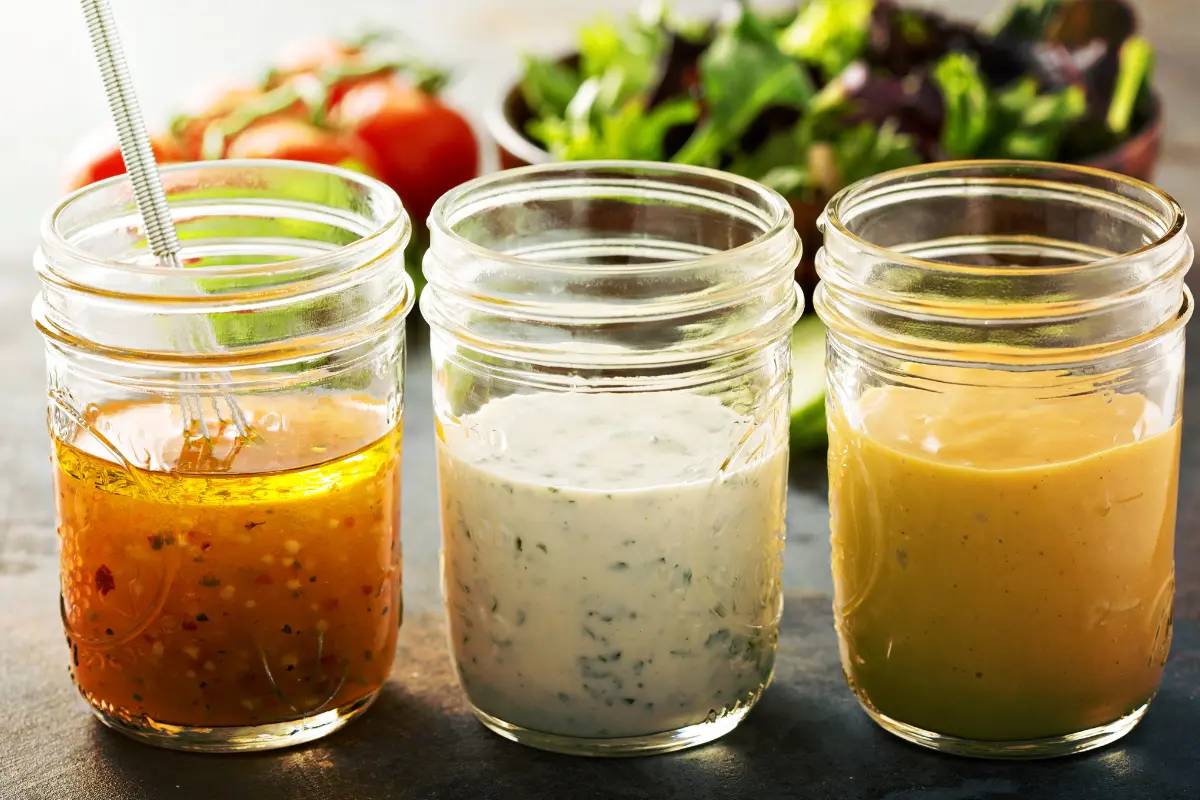
Here at Working Against Gravity, we’ve had the privilege of witnessing clients transform their bodies, their athletic performance, and how they view food. One challenge I consistently encounter is ultra-processed foods (UPFs) and how consuming these super-convenient, mass-produced foods affects progress.
Recently, a game-changing study came out in Nature Medicine (published August 4, 2025). In a rigorous 2×2 crossover randomized controlled trial with 55 adults in England, researchers compared eight weeks on an ultra-processed diet versus eight weeks on a minimally processed diet. In both phases, participants ate as much as they wanted, but the minimally processed group spontaneously ate ~29 fewer calories per day and lost about twice as much body weight (around 2% vs. 1%) compared to the UPF phase (Nature, Medical News Today, Tom's Guide).
Weight Loss & Recovery: Small Shifts, Big Payoffs
This study reminds us that food quality matters, even when calories and macros are equal. Minimally processed whole foods, rich in fiber and satiety, helped participants unintentionally cut intake and lose more fat.
Ultra-Processed Foods, Satiety, and Macro Goals
One of the challenges I’ve observed in working with clients, especially those trying to maintain a calorie deficit, is that ultra-processed foods often fail to keep us full and satisfied in a sustainable way.
Energy Density and Appetite Regulation
Advertisement
Ultra-processed foods (UPFs) are often energy-dense, low in fiber, and engineered to taste great. This combination can create a hyper-palatable stimulus that can override typical appetite and satiety cues. This leads to overeating, difficulty sensing fullness, and a struggle to naturally regulate intake. (PMC, Wiley Online Library)
Muscle Gain & Preservation: Real Food Builds Real Strength
A 2024 study concluded that US adults with the highest intake of UPFs had a 6 % higher risk of low muscle mass compared to those eating less ultra-processed fare (Frontiers). Ultra-processed diets often lack the nutrient density, good protein sources, and micronutrients. The lack of high-quality food can ultimately inhibit muscle repair, growth, and strength gains.
Performance & Fueling
With all the data, we still have to be realistic and translate the recommendations into real-world life. In sports, some UPFs are purpose-built tools. A Triathlon nutrition piece underlines that energy gels, recovery bars, and drinks, though technically ultra-processed, are engineered for rapid absorption and convenience when training or racing hard (TRI247). Strategic use of UPFs around workouts can fuel, refuel, and help prevent GI issues when whole food isn’t practical.
Finding the Balance: Our Philosophy at Working Against Gravity
1. Prioritize Whole, Minimally-Processed Nutrition Most of the Time
Lean proteins, whole grains, legumes, fruits, and healthy fats. These form the foundation or our big “nutrition rocks”. They fuel long-term recovery, metabolic health, and satiety.
2. Use UPFs Strategically Around Training
A gel during a long run or a recovery bar after a session is a-ok and even encouraged if you notice an increase in performance. Convenience and precision matter when fueling specifically for training.
Advertisement
3. Educate and Empower with Awareness
I help clients read labels, understand processing versus purpose, and choose when convenience is performance-enhancing vs. detrimental to our goals.
4. Celebrate Progress, Not Perfection
Progress, not perfection, you don’t need to purge your pantry. Small swaps make a massive difference. Go for high fiber whole grain bread instead of white, frozen veggies, and lean proteins.
Final Thought: Balance Is the Highest Performance
As a Registered Dietitian, my role is to help you find balance in a plan that will work for you. A diet high in UPFs will make it more challenging to reach your goals. However, if we balance them with a plan built primarily with whole foods, UPFs have their place.
If you’re interested in a personalized, balanced approach to your nutrition, check out our one on one coaching options, or schedule your discovery call to learn more.
Schedule a Free Intro Call
Working Against Gravity has led the macro tracking and health space for over a decade. Our team doesn’t just understand the science of nutrition—we’ve spent years mastering the art of tailoring it to fit your life. That means no cookie-cutter plans, just real strategies that have worked for over 30,000 people.
Schedule a free call with our team to learn how working with a 1-on-1 WAG coach will help you reach your goals.



